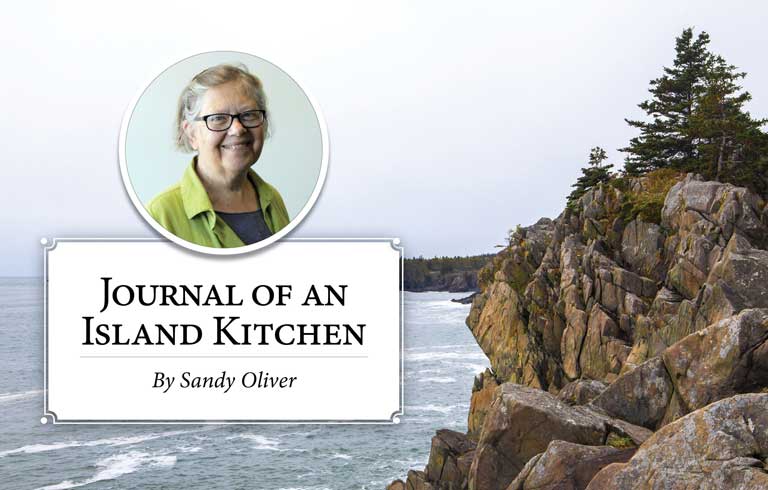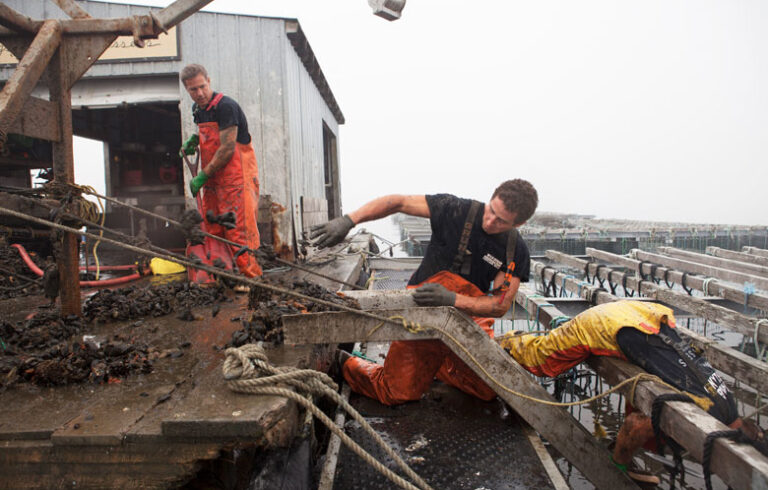Remember 1999 and the big worry about the Y2K bug? Everything civilization rested on would collapse in a heap when the clocks all ticked over to 12:01 a.m. Jan. 1, 2000. The world’s computers would all crash and we’d be enveloped in darkness as the grid went down and mayhem ensued. Lots of people were prepared with bug-out bags and five-gallon containers of various sorts of dehydrated vegetables and other survival food.
Nothing happened, and we suspect a lot of survival food migrated to the back of various closets and garages because who would want to eat that unless they absolutely had to? Since some survival food is guaranteed to last for 25 years, the owners have another three on their last investment. Or you can pick up a fresh one-year’s supply from a vendor who says it will provide 2,752 total servings at the rate of 7.6 per day for only $2,787. Just add water.
Some of it doesn’t sound half-bad: chili, mac and cheese, soups, pancake mix. If I lived in a city, I might be tempted to acquire some.
We suspect a lot of survival food migrated to the back of various closets and garages…
So for millennia when war, fire, flood, pestilence, and drought afflicted humankind, whatever did we do without MREs? (Meals Ready to Eat). As far as I can tell, most of humankind were preppers. We had to prep for when we couldn’t grow food, especially those of us who lived wherever winter or some other seasonal scarcity happened.
Humans were awfully good at preserving food for use some other time. Think back to 100 or 200 years ago, when putting food by was a housewifely skill needing vinegar, sugar, salt, and alcohol and employing cellaring, dehydration, fermentation, and for at least 150 years, canning and seasonal, natural freezing until artificial freezing roared into view.
It isn’t so much that our household of the mid-1800s wouldn’t consider that any survival food they could buy was desirable as much as they might wonder who needed it—armies, navies, explorers to unknown territories, pioneers, maybe. Otherwise stored and preserved food was a fact of ordinary home life.
Then, too, consider islanders. Though most of us can drop into an island market to pick up a loaf of bread or some milk, I’ll wager there isn’t a one who doesn’t plan ahead to acquire and put by the kinds of things we need all the time. I’ll bet our pantries have more staples. I bet we almost always buy larger quantities when we shop or send for stuff online. A lot of us know how to take care of gardens and cook from scratch and can vegetables and make pickles just as lots of rural Mainers do. We are preppers by nature, custom, and habit.
A hundred plus years ago, say 1885, Adrianna Bunker and her husband Capt. Emery who lived in this house could grow potatoes, store them down cellar just as I do. I expect they saved some to plant the next year. When you do this for a couple of years, you find out just how many potatoes you need and learn to grow the right amount. In a bad potato year, you find something else to eat or find a neighbor who had a better crop to trade with or buy from.
They could pick apples, dry some, store some, make applesauce, all of which I can do. Maybe they fermented cider which I haven’t mastered though my great-grandad did. Adrianna might have made her own vinegar like one of my neighbors does which is on my list of skills to acquire.
Is all this prepping? Or simply living sustainably using common sense practice from the past? Prepping has a semi-desperate sound and creates visions of vigilant people crawling through woods somewhere with a backpack full of survival food, looking for a mud puddle from which they can drink with their special water purifying straw. Or maybe someone with an automatic firearm protecting his canned sardine supply.
How about prepping a solid community of smart and able people who can save seeds and grow and preserve food, fix broken equipment, administer medical help, and look out for one another; I’ll knit socks for firewood, or trade dilly beans for home-made vinegar.
Then I won’t have to eat dehydrated chili dinners because I’ll have a supply of home-grown dried beans cooked in home-canned tomato sauce with onions, garlic, and oregano from the garden. Bring some ground venison with you, and let’s have some supper together while you recharge your electric drill with my solar power.
That prospect would leave me feeling prepared.
Sandy Oliver is a food historian who gardens, cooks, and writes on Islesboro. She may be reached at SandyOliver47@gmail.com.





